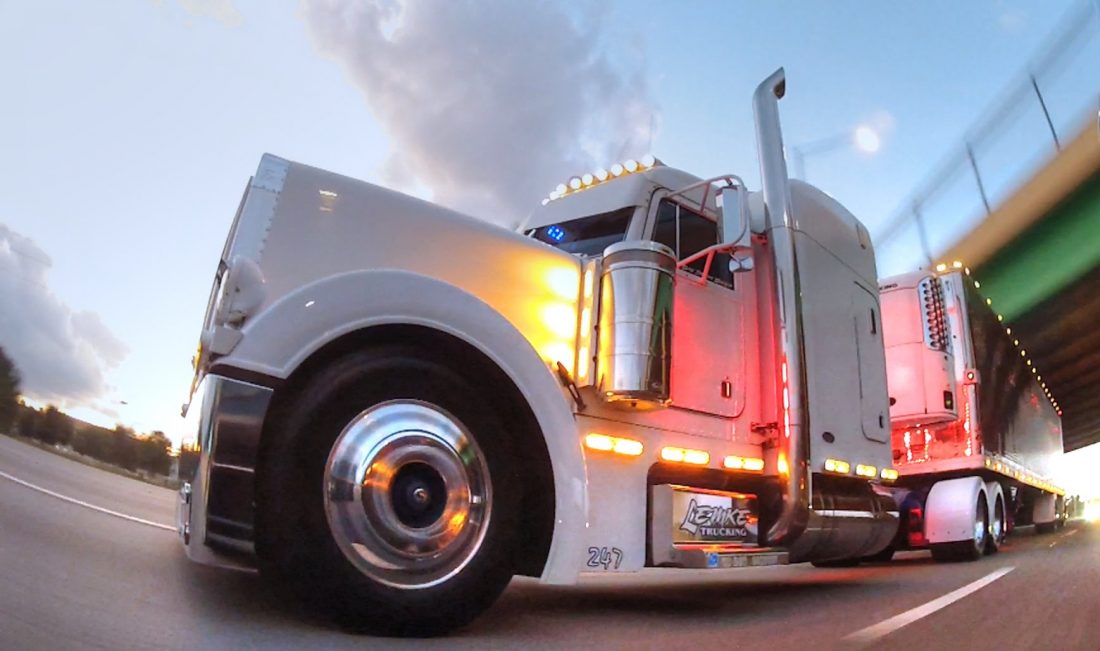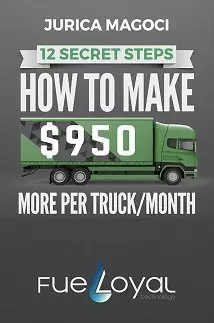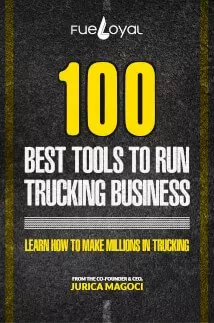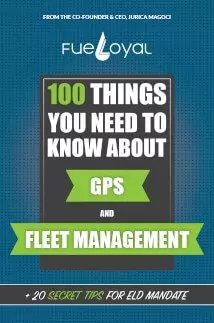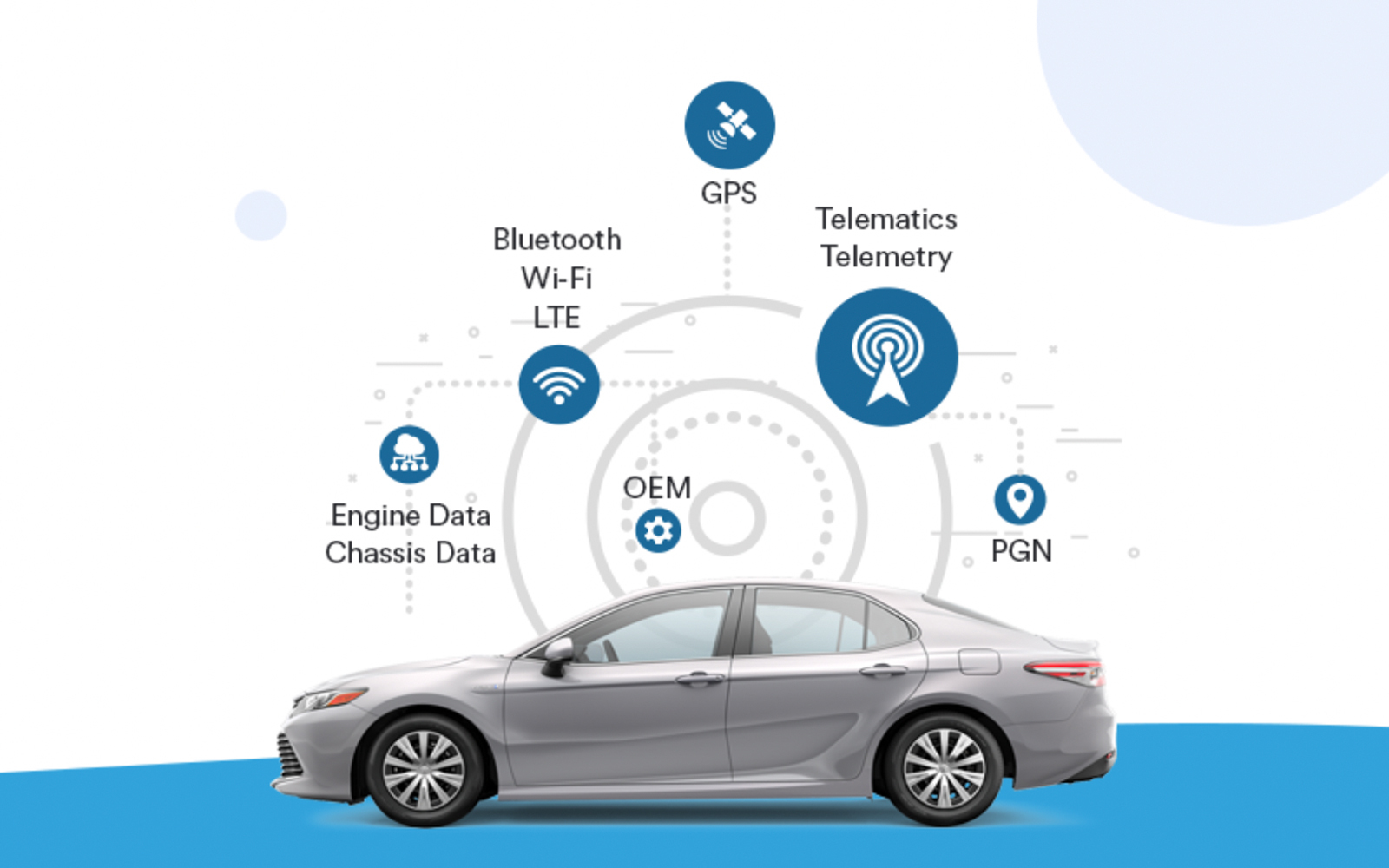Commercial driver’s license is the first among all trucking permits and licenses one should obtain.
Thereupon, in order for a person to operate with Class 8 trucks, he will need a valid commercial truck driver’s license.

And how can one start obtaining trucking permits and licenses? More precisely, how can one obtain a commercial driver’s license?
Well, it is not that complicated after all.
People willing to enter the trucking industry will have to go through an extensive background check, CDL training as well as through a written permit exam. The final step is passing the driving test.
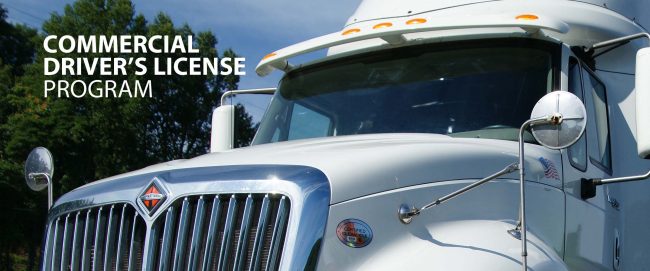
It is important to notice that: People must be at least 18 years old in order to get a CDL, and start obtaining trucking licenses and permits.
Note: You must be at least 21 to be permitted to drive a truck from state to state.
